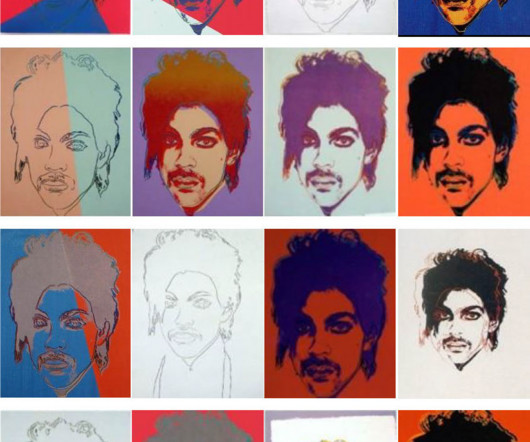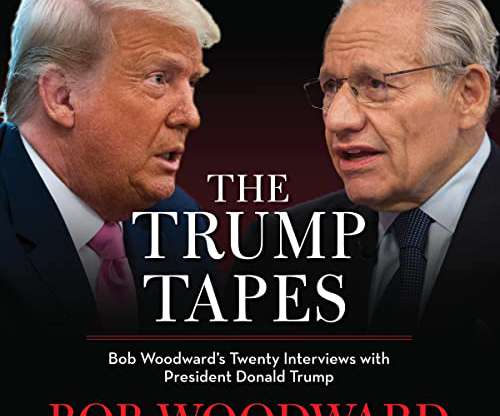U.S. Supreme Court Vindicates Photographer But Destabilizes Fair Use — Andy Warhol Foundation v. Goldsmith (Guest Blog Post)
Technology & Marketing Law Blog
JUNE 20, 2023
Ochoa’s definitive analysis of the Supreme Court’s Warhol opinion. Supreme Court affirmed the Second Circuit’s ruling that the reproduction of Andy Warhol’s Orange Prince on the cover of a magazine tribute was not a fair use of Lynn Goldsmith’s photo of the singer-songwriter Prince, on which the Warhol portrait was based.












Let's personalize your content